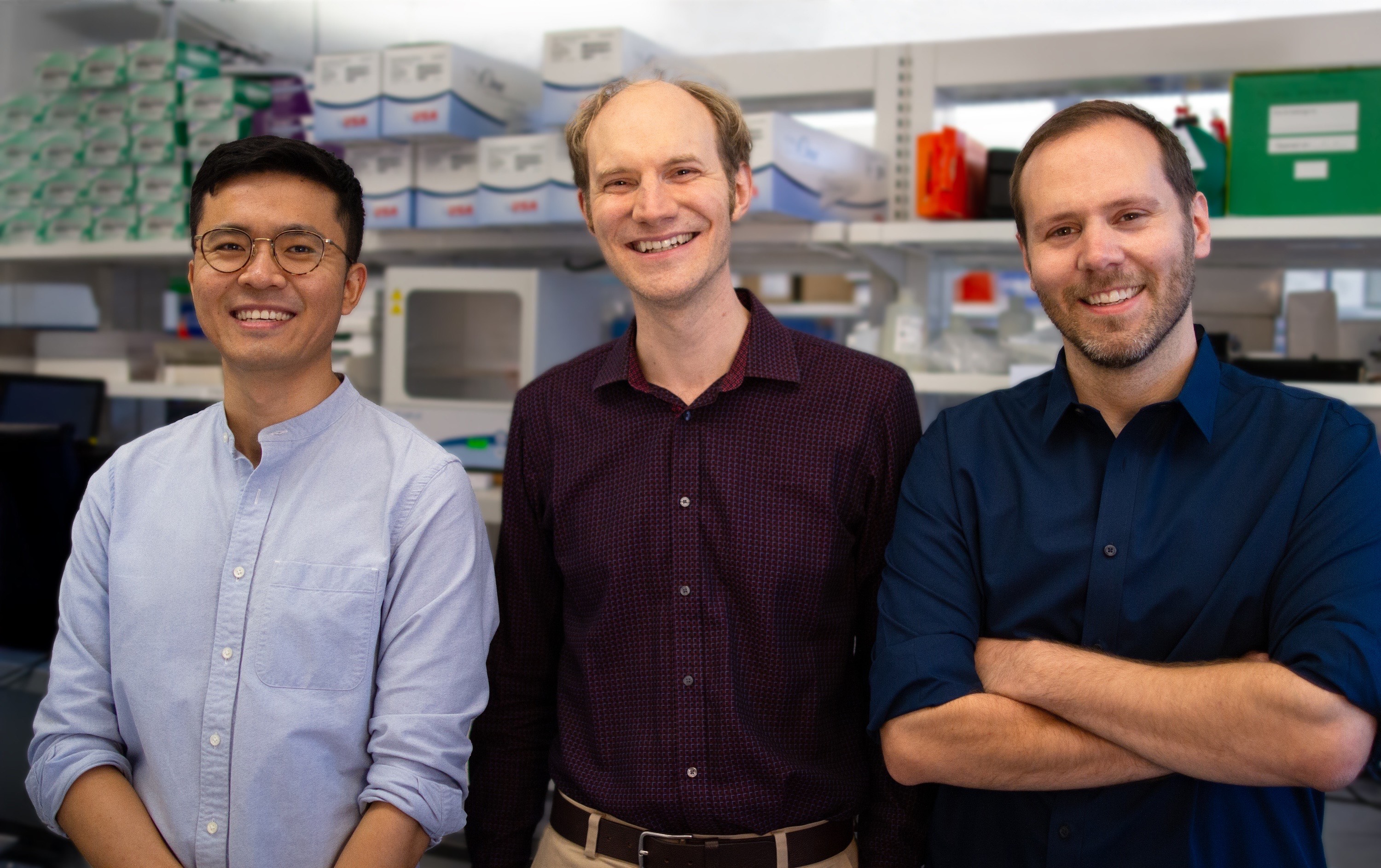Meet Dr. Jenny Rooke, Biotech Investor with Deep Life Science Expertise
We had the opportunity to speak with investor Jenny Rooke, PhD, managing director at 5 Prime Ventures to learn more about careers in synthetic biology outside of research and development.
Did you do lab work before deciding to become an investor?
Yes, my PhD in genetics certainly came long before becoming an investor. I got my undergraduate degree in physics and was introduced to genetics fairly late in that process. I learned about it in a biology class and completely fell in love with genetics, and so I went off to get my PhD. That was really my first exposure to lab work and it was quite surprising -- it didn’t always work! I didn’t love it. So, I spent a fair bit of my PhD experience thinking about what else I could do with the scientific expertise that I had developed that would not be lab work or research. Then there were a number of steps between being in graduate school and being an investor that involved transitioning from scientific training to being in the business world, such as management consulting at McKinsey and operating experience on the business side of a genomics start-up.
What sort of companies do you invest in?
I typically invest in fairly early stage private companies at the intersection of biology and technology. That can be start ups that are raising seed money, series A, B, and sometimes C to develop new solutions in life sciences. I’m particularly motivated by novel research platforms because part of what surprised me about lab work was how manual, and slow, and low through-put a lot of available tools were for doing science, so when I see companies that are trying to develop new tools that make more and better data for researchers that gets me excited as a scientist. Related to that I look for new technologies that could be better diagnostics or other types of biological sensors, not limited to healthcare -- for example, for use in agriculture or biodefense. Representative investments I’ve made in this category would be Zephyrus Bio, IonPath, and Intabio. The other category that I’m particularly interested in we would call genetic engineering, bioengineering, or synthetic biology, hence the relationship with SynBioBeta. These would be companies that are working on harnessing all of the tools for engineering of biology into new solutions across verticals, whether it be healthcare or agriculture or industrial bio. Examples here include Zymergen and Caribou Bio.
How do you decide whether or not you should invest in a company? For example, if it’s a startup how do you decide whether or not the product they are developing will be successful?
That is really the fundamental challenge of learning to be an investor and always improving as an investor. There’s no simple answer, and each investor has variations on how they do the work. The typical elements that I look for are proprietary technologies that really change something about either how science is done or how science can be used to solve problems, a team that has the passion and the skills to articulate a vision about how they want to change the world with science, and the ability to get there. Additional elements include: What does their intellectual property look like to help protect the company as they pursue their vision? Who are the other investors? What is the state of the market? How big is it? What do the customers want? What do they have currently? How much is the new solution that the company is developing a change to that? How will they focus on certain customers to try to meet their needs?
What happens when a company you invest in runs into trouble? How do you recover?
One key to being a great investor, and a reason that companies look for investors who have experience in their space, is to know what kind of trouble is possible in advance and try to avoid it, rather than finding yourself in the situation of being in trouble and having to solve that. My dad used to say when we were kids, if we broke something, say, we’d say, “I didn’t mean to!” He’d say “it’s not enough to not mean to, you have to mean not to.” And what he meant was, you have to anticipate the way things can go wrong and take thoughtful, affirmative steps to avoid those things. So, what I hope to do by focusing on certain kinds of companies is to bring my domain expertise and experience of helping build those companies to help them avoid trouble. Having been in a start up myself and an investor for over a decade, I can see many of the ways that things can go wrong, and try to help companies be aware of those, and to take action to avoid issues, whether that’s hiring the right help within the team or reaching out to get relevant consultants or advisors. But even with the best planning, science doesn’t always turn out well the first time. You need enough time and money to buffer to really work through problems. When a company does find themselves in the midst of a problem, then my job is to be a helper to the company in working through that. That can be providing input from my own experience, but more importantly it’s helping them reach out into their network and my network and beyond to get the help they need to work through something, so that they’re not going through it alone and they’ve got great minds helping them solve problems.
As an investor, do you ever have a say in the direction a company takes itself? If a company does run into trouble can you suggest solutions to the problem?
That question touches on an investor’s role relative to the management team. Fundamentally, it’s the management team running a company and making decisions, and investors and directors are in general there to support and provide oversight and governance, but aren’t running the company. Having clarity about that distinction is an important part of being a good investor and being a good partner to entrepreneurs. In the ideal situation, there is a good relationship between the entrepreneurs and the investors so that as the management team is thinking about what to do with the company, they’re seeking investor input on key decisions.I strive to be the kind of investor that the CEO would want to call up and say, “Hey, I’m thinking about doing this; I would love to talk through some of the options and see if you have any thoughts,” always recognizing that the decision is theirs, but I’m here to be helpful -- but they are calling the shots.




.svg)





.png)



.jpg)

.gif)